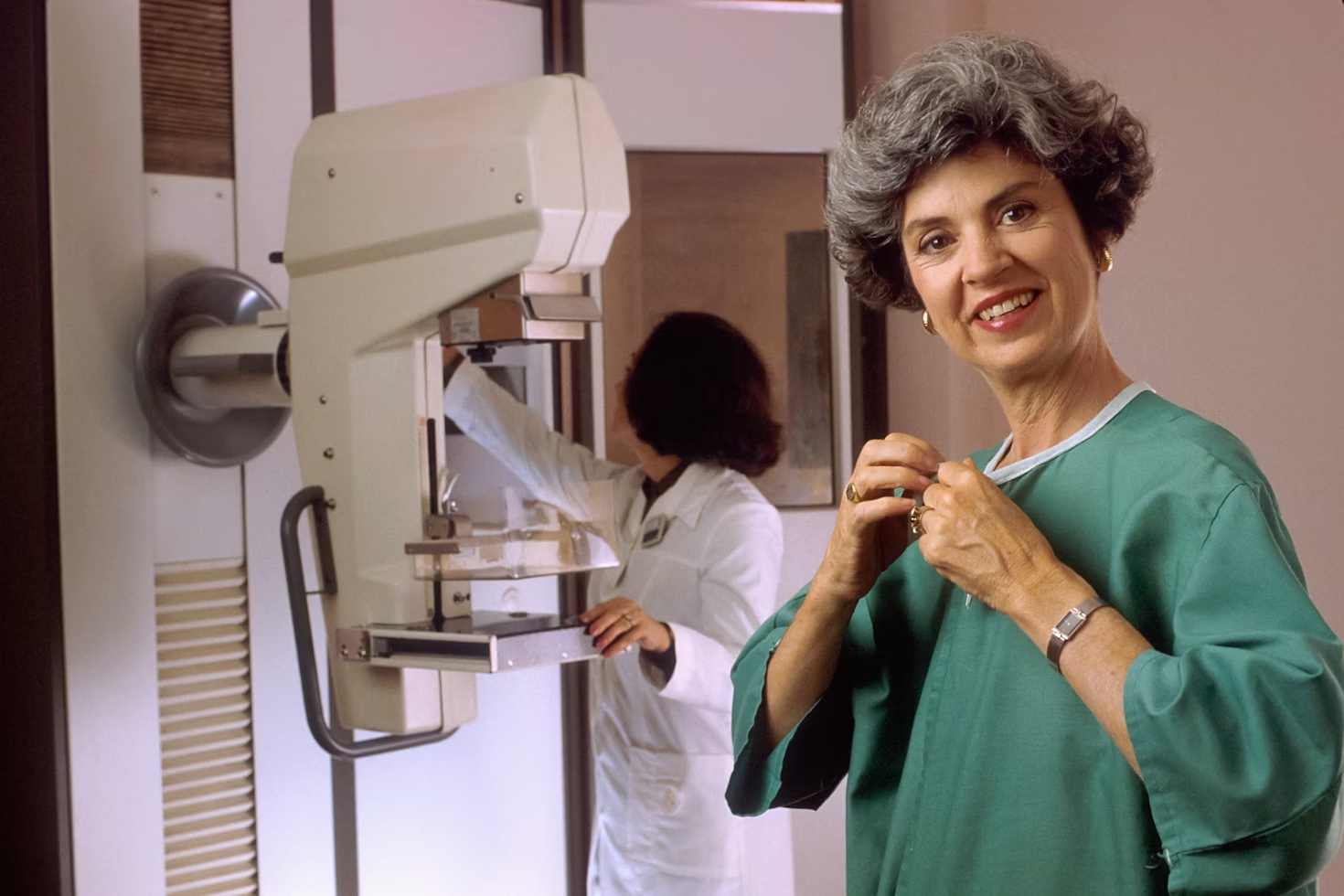Causes of Breast Cancer in Women: Understanding the Underlying Factors
Breast cancer is a complex disease influenced by various factors that interact in different ways within the body. Understanding these causes is crucial for early detection and prevention strategies.
Genetic Factors and Family History
Genetics play a significant role in breast cancer risk. Women with a family history of breast cancer, especially if a close relative like a mother or sister has been diagnosed, have a higher likelihood of developing the disease. Mutations in specific genes, such as BRCA1 and BRCA2, can significantly increase the risk.
Hormonal Influences: Estrogen and Progesterone
Hormones, particularly estrogen and progesterone, play a pivotal role in breast cancer development. Women with prolonged exposure to these hormones, such as early onset of menstruation before age 12, late menopause after age 55, or use of hormone replacement therapy, are at higher risk. These hormones can stimulate abnormal cell growth in the breast tissue over time.
Lifestyle Factors: Diet and Physical Activity
Diet and physical activity levels can impact breast cancer risk. A diet high in processed foods, saturated fats, and low in fruits and vegetables may contribute to increased risk. Lack of regular physical activity can also be a risk factor, as exercise helps regulate hormone levels and boosts the immune system, reducing overall cancer risk.
Environmental Factors: Exposure to Carcinogens
Exposure to certain carcinogens in the environment can increase the likelihood of developing breast cancer. This includes exposure to radiation, such as during previous cancer treatments or frequent mammograms, which can damage DNA in breast cells. Additionally, prolonged exposure to chemicals like BPA (bisphenol A) found in some plastics, and pesticides may also play a role.
Age and Gender: Non-modifiable Risk Factors
Age is a significant risk factor for breast cancer, with the majority of cases diagnosed in women over the age of 50. As women age, their breast tissue undergoes changes that may increase susceptibility to cancerous growths. Being female itself is a risk factor, as breast cancer rarely occurs in men.
Reproductive History: Early Pregnancy and Breastfeeding
Reproductive factors such as early age at first pregnancy and breastfeeding can impact breast cancer risk. Women who have their first full-term pregnancy after age 30 or who have never breastfed may have a slightly higher risk. Pregnancy and breastfeeding reduce lifetime exposure to estrogen, potentially lowering breast cancer risk.
Obesity and Body Weight
Maintaining a healthy weight is crucial in reducing breast cancer risk. Obesity, particularly after menopause, is associated with increased levels of estrogen in the body, which can promote the growth of cancerous cells in the breast tissue. Adopting a healthy diet and regular exercise regimen can help mitigate this risk factor.
Conclusion
In conclusion, breast cancer is influenced by a combination of genetic, hormonal, lifestyle, and environmental factors. While some risk factors like genetics and age are beyond our control, adopting a healthy lifestyle, maintaining a balanced diet, regular physical activity, and minimizing exposure to environmental carcinogens can significantly reduce the risk of developing breast cancer.
FAQs About Breast Cancer Causes
1. What role do genetics play in breast cancer risk? Genetic mutations like BRCA1 and BRCA2 can significantly increase the likelihood of breast cancer.
2. How does hormone replacement therapy affect breast cancer risk? Long-term use of hormone replacement therapy, especially with estrogen and progesterone, can elevate breast cancer risk.
3. Can environmental factors like pollution contribute to breast cancer? Exposure to environmental pollutants and carcinogens may increase the risk of breast cancer development.
4. Does breastfeeding reduce the risk of breast cancer? Yes, breastfeeding reduces exposure to estrogen over a woman’s lifetime, potentially lowering breast cancer risk.
5. How does age impact breast cancer risk? Breast cancer risk increases with age, with the majority of cases diagnosed in women over 50 years old.

